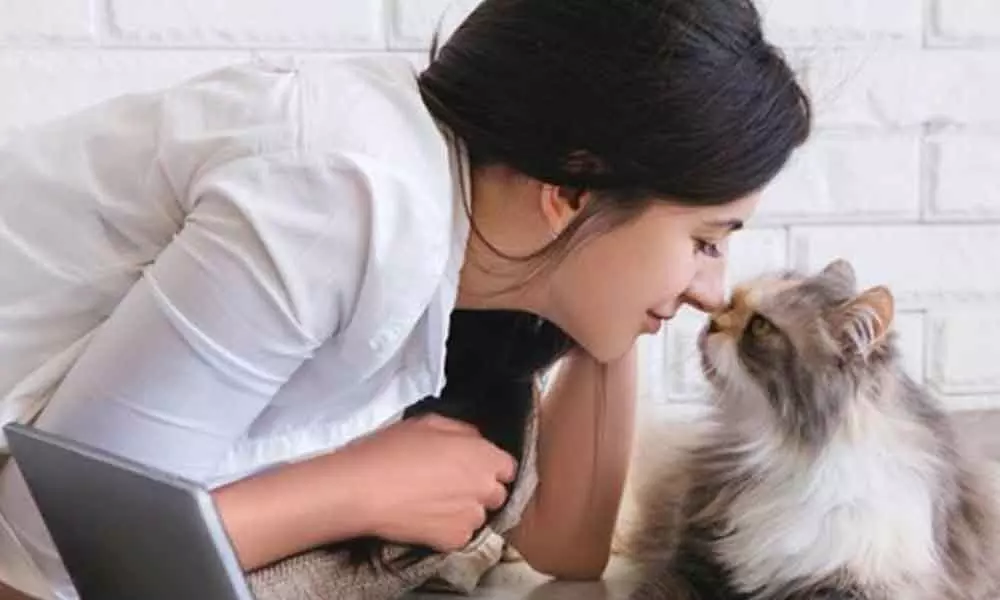Women good at recognizing cats expressions: Study

Cats have a reputation for being hard to read, but a new study suggests that women and those with veterinary experience were particularly good at recognising cats' expressions.
Cats have a reputation for being hard to read, but a new study suggests that women and those with veterinary experience were particularly good at recognizing cats' expressions.
For the study, published in the journal Animal Welfare, researchers at the University of Guelph decided to look at how well people were able to read the expressions on cat faces.
"The ability to read animals' facial expressions is critical to welfare assessment. Our finding that some people are outstanding at reading these subtle clues suggests it's a skill more people can be trained to do," said study lead researcher Lee Niel from University of Guelph in Canada.
"This study is the first to look at the assessment of a wider range of negative emotional states in animals, including fear and frustration, as well as positive emotional states," said Mason.
For the findings, the research team recruited more than 6,300 people from 85 countries who were asked to watch 20 short online videos of cats from a collection of 40 videos, gleaned mostly from YouTube, and complete online questionnaires.
The videos showed cats experiencing either positive emotional states (situations the cats had sought out, such as being petted or given treats), or in negative states (such as experiencing health problems or being in situations that made them retreat or flee).
Each video was focused on the cat's face - its eyes, muzzle and mouth. None of the cats showed expressions of fear, such as bared fangs or flattened ears, since these facial expressions are already widely understood. Participants were asked to judge whether each cat was in a positive state, a negative one, or if they weren't sure.
Most participants found the test challenging. Their average score was 12 out of 20 -- somewhat above chance.
But 13 per cent of the participants performed very well, correctly scoring 15 or better -- a group the researchers informally called 'the cat whisperers'.
These people were more likely to be women than men, and more likely to be veterinarians or vet technicians.
Younger adults also generally scored better than older adults.
"The fact that women generally scored better than men is consistent with previous research that has shown that women appear to be better at decoding non-verbal displays of emotion, both in humans and dogs," said study researcher Georgia Mason.
Surprisingly, being a cat lover made no difference at all, since reporting a strong attachment to cats did not necessarily result in a higher score, the study said.
The finding that some people are skilled at reading cats' faces suggests that others could be trained to do so as well.

